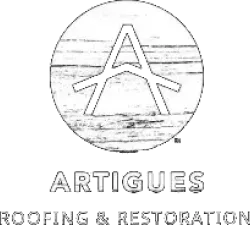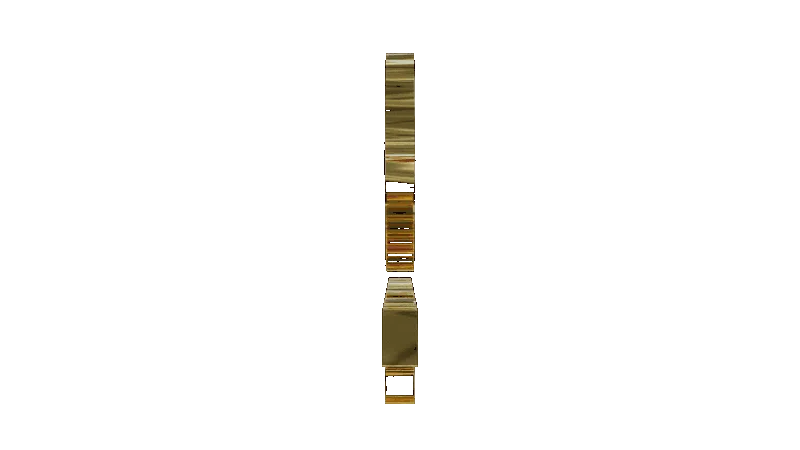Jacksonboro, South Carolina: A Historical and Architectural Legacy in the Lowcountry
Jacksonboro, South Carolina, nestled in the heart of the Lowcountry, is a small but historically rich community that offers a glimpse into the region's development. Though it may not boast the size or fame of larger cities, Jacksonboro's history is deeply intertwined with South Carolina's broader narrative. From its colonial beginnings to modern-day practices, the town's architectural heritage and roofing solutions offer a fascinating look at the area's cultural and environmental influences.
Historical Overview: The Origins of Jacksonboro
Early Settlement and Colonial Era:
Jacksonboro’s roots go back to the early 18th century, during a period marked by European colonization and the establishment of plantations. The town was named after John Jackson, a prominent settler, and its strategic location along the Edisto River made it an ideal site for agriculture and trade. This prime location facilitated the export of rice, indigo, and other crops, vital to the colonial economy.
Revolutionary War: A Town of Strategic Importance:
During the American Revolutionary War, Jacksonboro held strategic importance. In 1782, it became a meeting point for the South Carolina General Assembly, which convened at the Old Jacksonborough Church while Charleston was under British occupation. This pivotal role in the fight for independence adds an extra layer to the town’s historical significance.
19th Century Development:
In the 19th century, Jacksonboro continued to grow as a rural community, with agriculture at its core. The construction of railroads further enhanced its connectivity, helping the movement of goods and people. However, as with many Southern towns, Jacksonboro faced challenges after the Civil War, when its economy and social structure underwent dramatic changes.
Architectural Heritage: A Window into Jacksonboro’s Past
Jacksonboro’s architecture provides a clear narrative of the town’s evolution, blending styles from different periods of its history. The buildings here reflect the cultural and environmental factors that have shaped the community’s development.
Colonial and Georgian Influences:
The earliest buildings in Jacksonboro followed colonial and Georgian architectural styles. These structures were characterized by symmetry, proportion, and simplicity. They often featured gabled roofs, brick or wooden exteriors, and large chimneys, designed to withstand the region's humid climate and occasional storms, ensuring durability.
Antebellum Architecture:
As Jacksonboro grew during the antebellum period, the Greek Revival style became prominent. Known for its grand columns and pediments, this style symbolized the wealth and aspirations of the era. Many surrounding plantation homes also embraced this design, reflecting the prosperity generated by agriculture.
20th Century Adaptations:
In the 20th century, Jacksonboro’s architectural styles began to incorporate elements of the Craftsman and Bungalow movements. These homes featured low-pitched roofs, overhanging eaves, and open porches, harmonizing with the natural landscape and offering practical functionality suited to the region’s climate.
Roofing Practices and Environmental Considerations in Jacksonboro
Roofing in Jacksonboro is influenced by the region’s historical styles, local materials, and climate. The choice of roofing materials is essential in ensuring the durability and aesthetic appeal of the town’s buildings while adapting to the local environmental conditions.
Traditional Roofing Materials:
Historically, wooden shingles were a common roofing material in Jacksonboro, valued for their availability and natural beauty. Slate and metal roofs were also used, particularly for more prominent buildings, due to their durability and fire resistance—key considerations in the region’s humid, storm-prone climate.
Modern Roofing Solutions: Asphalt and Metal Roofing:
Today, asphalt shingles are the most widely used roofing material in Jacksonboro. These provide a balanced mix of cost-effectiveness, durability, and ease of installation. Metal roofing, on the other hand, remains a popular choice, especially for its longevity and resistance to the humid and stormy weather conditions of the Lowcountry.
Sustainable Roofing Practices:
In recent years, Jacksonboro has seen a growing interest in sustainable roofing practices. Homeowners and builders are opting for materials and techniques that improve energy efficiency and reduce environmental impact. Cool roofing technologies that reflect sunlight and improve insulation are increasingly popular. Additionally, green roofs and solar panels are becoming viable options for homeowners seeking to align their roofing choices with broader sustainability goals.
Preservation and Community Planning: Protecting Jacksonboro’s Heritage
Jacksonboro has shown a strong commitment to preserving its historical and architectural legacy through thoughtful community planning. Local ordinances protect historical sites like the Old Jacksonborough Church, ensuring that alterations and new construction respect the town’s heritage.
Community Initiatives: Promoting Heritage and Economic Growth:
Jacksonboro’s commitment to its heritage is reflected in various community initiatives aimed at promoting tourism and economic development. These efforts help preserve the town’s unique character while allowing it to grow and modernize. By balancing historical preservation with sustainable growth, Jacksonboro offers a model for other towns aiming to retain their cultural identity amid ongoing development.
Roofing Services: A Key Component of Jacksonboro’s Growth and Preservation
As Jacksonboro continues to evolve, many homeowners and businesses are turning to roofing services to ensure their buildings maintain both their historical charm and modern functionality. Whether opting for traditional wooden shingles or adopting metal roofing and sustainable solutions, Jacksonboro roofing contractors specialize in maintaining the aesthetic integrity of the town’s buildings while enhancing their energy efficiency.
Jacksonboro’s Balanced Approach to Growth
Jacksonboro, South Carolina, embodies the rich historical and architectural tapestry of the Lowcountry. From its colonial origins to its role in the Revolutionary War and its later development, Jacksonboro’s history is reflected in its diverse architectural styles and roofing practices. The town’s focus on preserving its heritage while embracing innovation and sustainability exemplifies a balanced approach to growth and development.
As Jacksonboro looks toward the future, it continues to honor its past, offering a unique model for other communities seeking to preserve their historical and architectural legacy while fostering modern development.
NEED ANY ROOFING HELP? CALL US NOW!
GET YOUR FREE QUOTE OR INSURANCE CLAIM ASSESSMENT
I Consent to Receive SMS Notifications and Alerts from Artigues Roofing and Restoration. Message frequency varies. Message & data rates may apply. Text HELP to (843) 900-2788 for assistance. You can reply "stop" at any time to unsubscribe. I agree with the privacy policy and terms and conditions.
I Consent to Receive Occassional Marketing SMS Communication from Artigues Roofing & Restoration.












